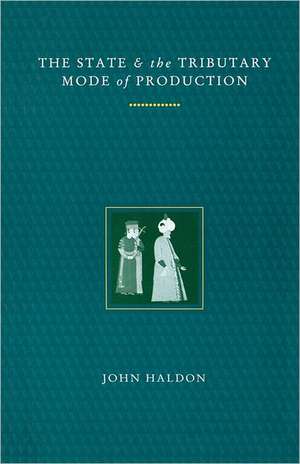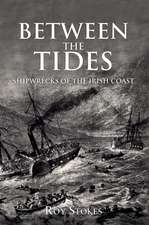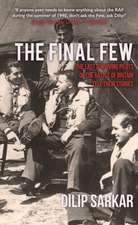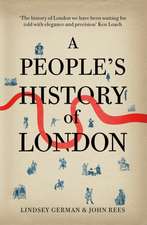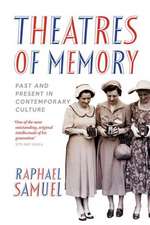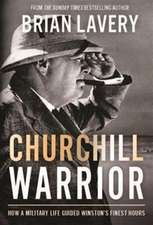State and the Tributary Mode of Production
Autor John F. Haldonen Limba Engleză Paperback – 30 noi 1996
Haldon argues that feudalism was the specifically European form of a much more widely diffused tributary mode, whose characteristic social relations and structural constraints can be seen at work in the Byzantine, Ottoman and Mughal empires as well. While acknowledging the range of ideological and cultural variation within and between these examples of the tributary mode, Haldon denies the thesis that such “superstructural” variations themselves yielded fundamentally contrasting social relations.
Preț: 171.77 lei
Nou
Puncte Express: 258
Preț estimativ în valută:
32.87€ • 34.19$ • 27.14£
32.87€ • 34.19$ • 27.14£
Carte disponibilă
Livrare economică 25 martie-08 aprilie
Preluare comenzi: 021 569.72.76
Specificații
ISBN-13: 9780860916611
ISBN-10: 0860916618
Pagini: 339
Dimensiuni: 140 x 216 x 20 mm
Greutate: 0.45 kg
Editura: VERSO
ISBN-10: 0860916618
Pagini: 339
Dimensiuni: 140 x 216 x 20 mm
Greutate: 0.45 kg
Editura: VERSO
Notă biografică
John Haldon is Professor of Byzantine History and Hellenic Studies at the University of Princeton. He is the author of Byzantine Praetorians, Byzantium in the Seventh Century and (in Greek) Marxism and Historiography.
Recenzii
“A powerful new challenge to recent major works of historical sociology by Michael Mann and W.G. Runciman, which aims to reinstate Marxist theory as the basis for a productive, specifically historical, synthesis.”—Chris Wickham
